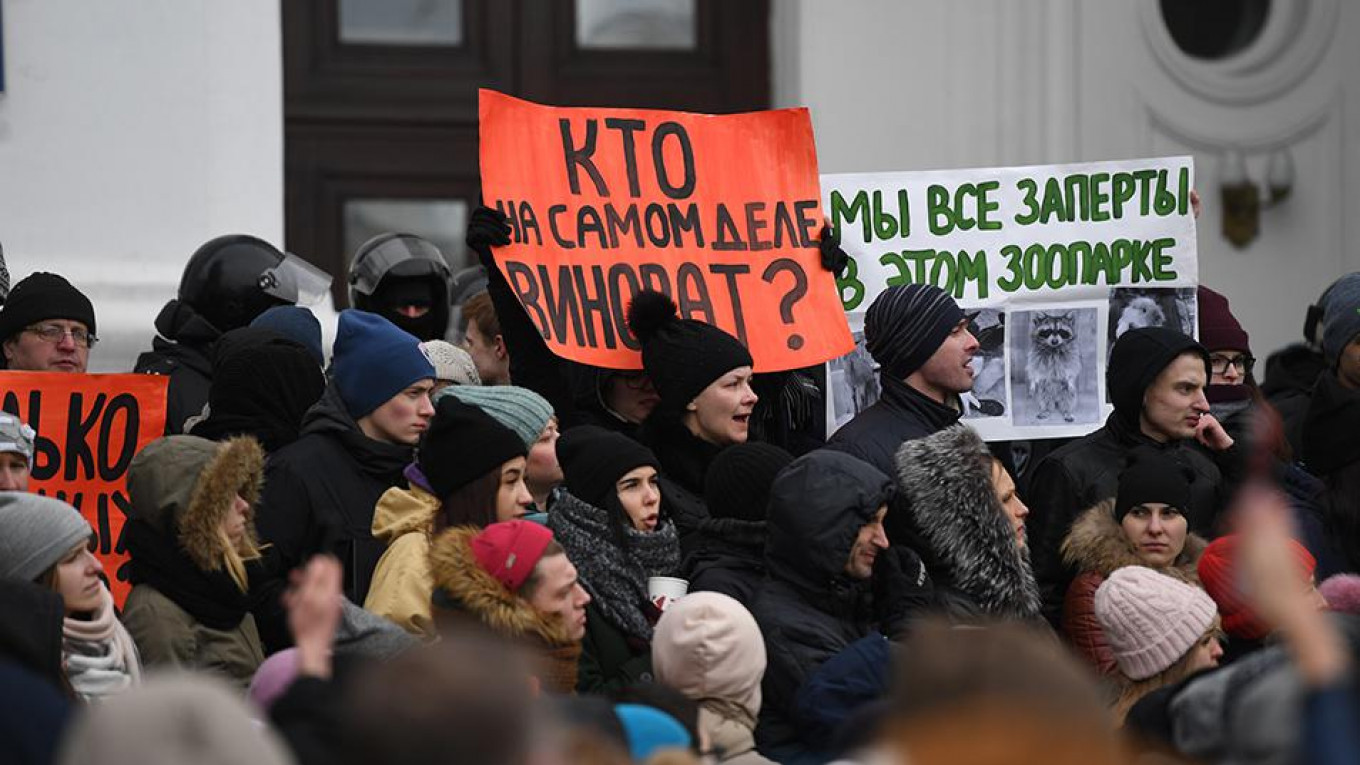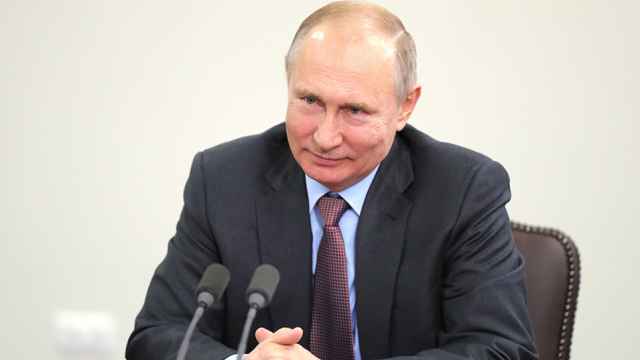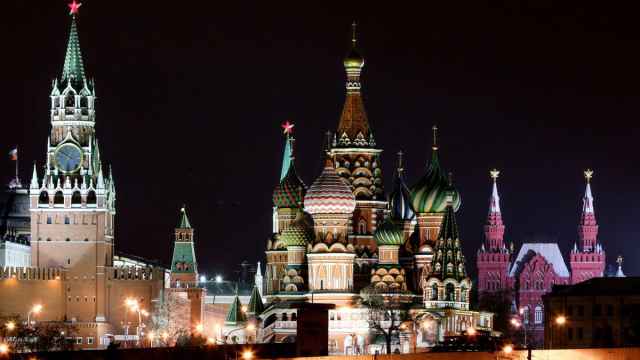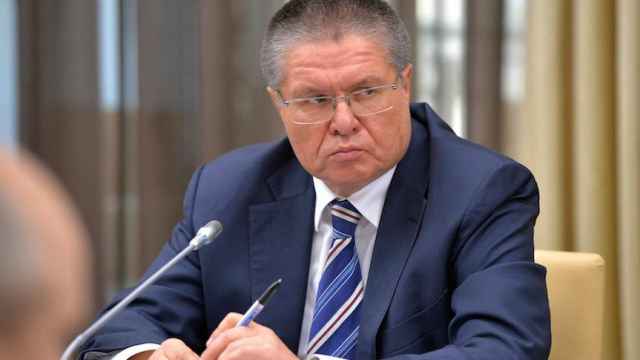Two recent incidents in Russia that ended in accidental mass deaths or injuries have drawn attention to how regulation is a shambles in the country. Those failings, in turn, speak to Russia’s impoverished system of governance.
Public protests, when they begin to ease over the line from economic to political demonstrations, invariably run up against the unbreakable nature of the regime-controlled governance system and its embedded protection racket, which rewards loyalists.
In March, a terrible fire at a shopping mall in the Siberian city of Kemerovo killed at least 60 people, including 41 children. The unprecedented number of victims was a result of blatant violations of fire safety regulations and the inadequate response of firefighters and rescue agencies. Thousands of citizens took to the streets, calling for the resignation of the regional governor, Aman Tuleyev.
Three days before the events in Kemerovo, more than 50 children and adults were rushed to hospitals in the city of Volokolamsk, about 70 miles north of Moscow with symptoms of gas poisoning. The source of the leak was soon localized to a nearby landfill. A wave of “landfill protests” rapidly spread to more than 13 other cities with similar problems.
The tragedy at the Kemerovo shopping center was the result of flawed oversight by inspectors. The building, owned by a local ruling clan, had been constructed with monstrous safety violations. At the Yadrovo landfill, rampant environmental violations had gone unchecked for years. The dumping grounds were part of a shadow business connected to the local authorities.
Even though the disasters were accidental, they can both be attributed to a deepening failure of the country’s system of governance.
The protests following both events took place in the context of increasing citizen activism over socioeconomic concerns. The Center for Economic and Political Reform recently reported an unprecedented upturn in protest activity in Russia. The number of protests increased by 60 percent since January, reaching 1,107 in the third quarter of 2017
Most of the protests were not primarily political — there were over economic concerns. They brought professionals, small businessmen, investors and ordinary workers onto the streets. These kinds of protests accounted for 70 percent of demonstrations recorded by the center.
Small businessmen, like truckers, are protesting because their livelihood, they say, is hostage to corrupt deals between the state and the oligarchs who control freight transport. Teachers and doctors who protest in city squares point to complete failure of the state to improve education and health care system.
Defrauded co-investors in construction projects that went bankrupt protest the government’s inability (or unwillingness) to prevent fraud in housing construction. Borrowers who took out foreign currency mortgages that became vastly more expensive when the ruble’s exchange rate plummeted protest the failure of central bank regulation.
These primarily socioeconomic protests turn a spotlight on the deep-rooted problems of Russia’s governance system, which Alexei Kudrin, formerly Russia’s finance minister, once compared to a “creaky old machine.”
Slow decision-making, overregulation and an outdated technological base hinder economic development and make it impossible to respond properly to the problems ordinary citizens endure. However, it is not just technical backwardness that determines the ineffectiveness of the governance system, but the peculiarities of the political system in which it is embedded.
The growing dependence on the power vertical and a lack of democratic controls place loyalty to higher authorities ahead of expertise and accountability, which results in the unwillingness of the authorities and officials to cope with the piling-up socioeconomic problems. The kleptocracy and corporatism of Putin’s regime encourage a kind of “protection racket,” a vertical of loyalists that leads to a situation in which no one is ever punished because that would mean betraying the foundational principle of this system.
The governance functions are redistributed between powerful clans and oligarchs feeding off public resources who can break almost any rules if doing so would benefit them. In this way, the disasters in Kemerovo and Volokolamsk are the direct consequences of Russia’s political regime.
Most experts agree that the growth in protest activity in Russia in the coming years will primarily come from an increase in socio-economic protests. More protests, though, will hardly perturb the regime.
Despite a temporary outbreak in demonstrations, the Levada Center has recorded a decrease in the overall protest potential of the Russian population.
For the first quarter of 2018, the center recorded an increase in the proportion of survey respondents who considered the likelihood of protest actions in their neighborhood to be quite low (compared to December 2017), and a drop in the proportion of respondents willing to personally participate in a protest action.
That said, the character of socio-economic protests is gradually becoming more politicized, even though they are not yet turning into mass political actions. Basically, this means that citizens increasingly hold at least local authorities accountable for system failures.
As complaints evolve into demands, more and more people are recognizing the need for political leverage to deal with social and economic problems. Though socio-economic protests have no capacity to challenge Putin’s regime directly, they can help shape the growing demand for political change among Russians.
As Russia observer Graeme Robertson has noted, the protests on Bolotnaya Square in 2011–2012, the strongest political challenge to Putin’s regime to date, would not have been possible without the preceding social protests.
The only way to reduce unrest along socio-economic lines is to reach into the heart of the problem and improve the governance system. However, even if the government manages to improve the “technical” performance of public administration, the sort of profound changes needed to prevent the next Volokolamsk or Kemerovo is still a long way out.
Since governance failures are a direct product of the regime, they are not going anywhere soon. The regime, after all, does not plan on changing itself.
Irina Olimpieva is a senior researcher at St. Petersburg Center for Independent Social Research and a contributor to the Rusia File, where a version of this article was originally published. The views expressed in opinion pieces do not necessarily reflect the position of The Moscow Times.
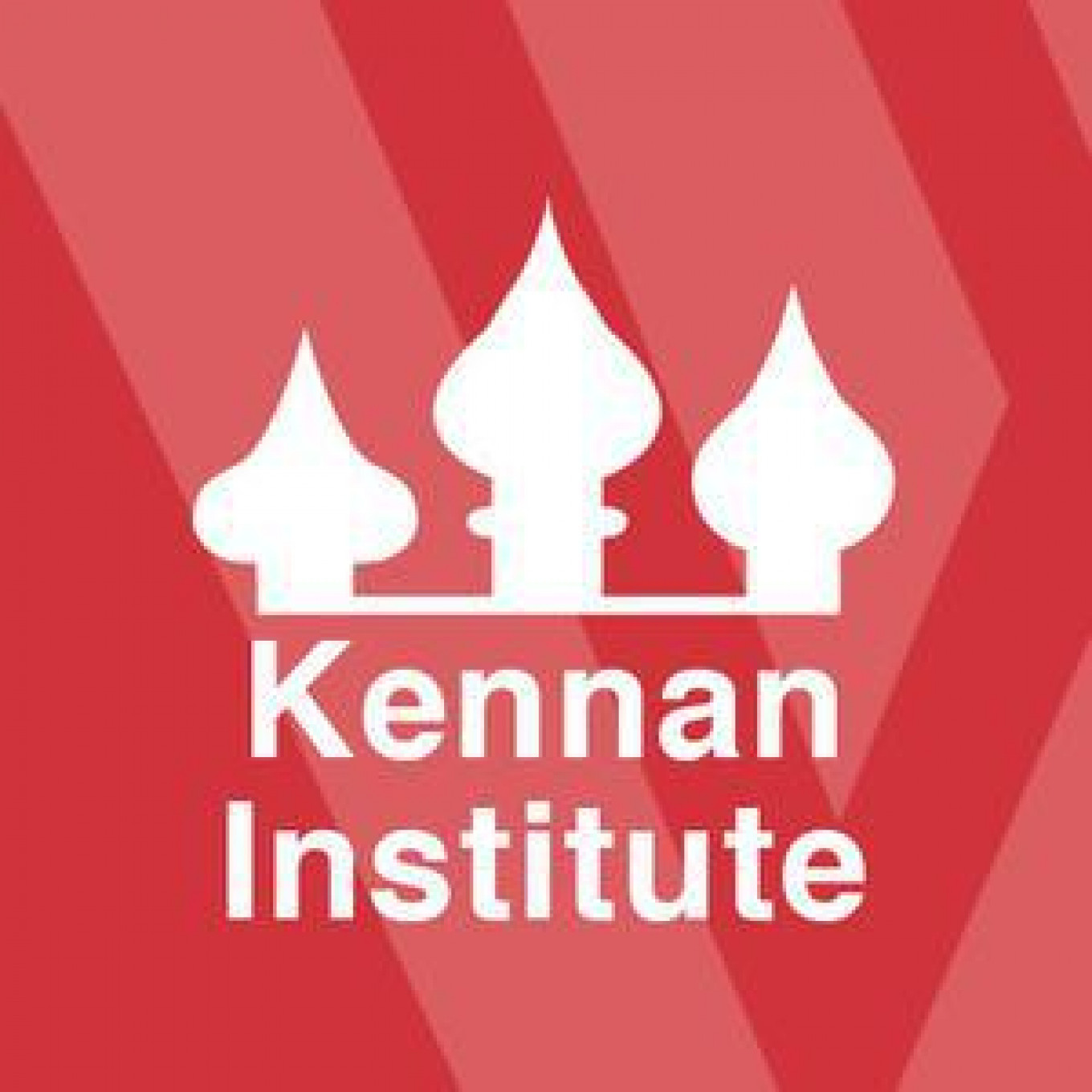
A Message from The Moscow Times:
Dear readers,
We are facing unprecedented challenges. Russia's Prosecutor General's Office has designated The Moscow Times as an "undesirable" organization, criminalizing our work and putting our staff at risk of prosecution. This follows our earlier unjust labeling as a "foreign agent."
These actions are direct attempts to silence independent journalism in Russia. The authorities claim our work "discredits the decisions of the Russian leadership." We see things differently: we strive to provide accurate, unbiased reporting on Russia.
We, the journalists of The Moscow Times, refuse to be silenced. But to continue our work, we need your help.
Your support, no matter how small, makes a world of difference. If you can, please support us monthly starting from just $2. It's quick to set up, and every contribution makes a significant impact.
By supporting The Moscow Times, you're defending open, independent journalism in the face of repression. Thank you for standing with us.
Remind me later.



